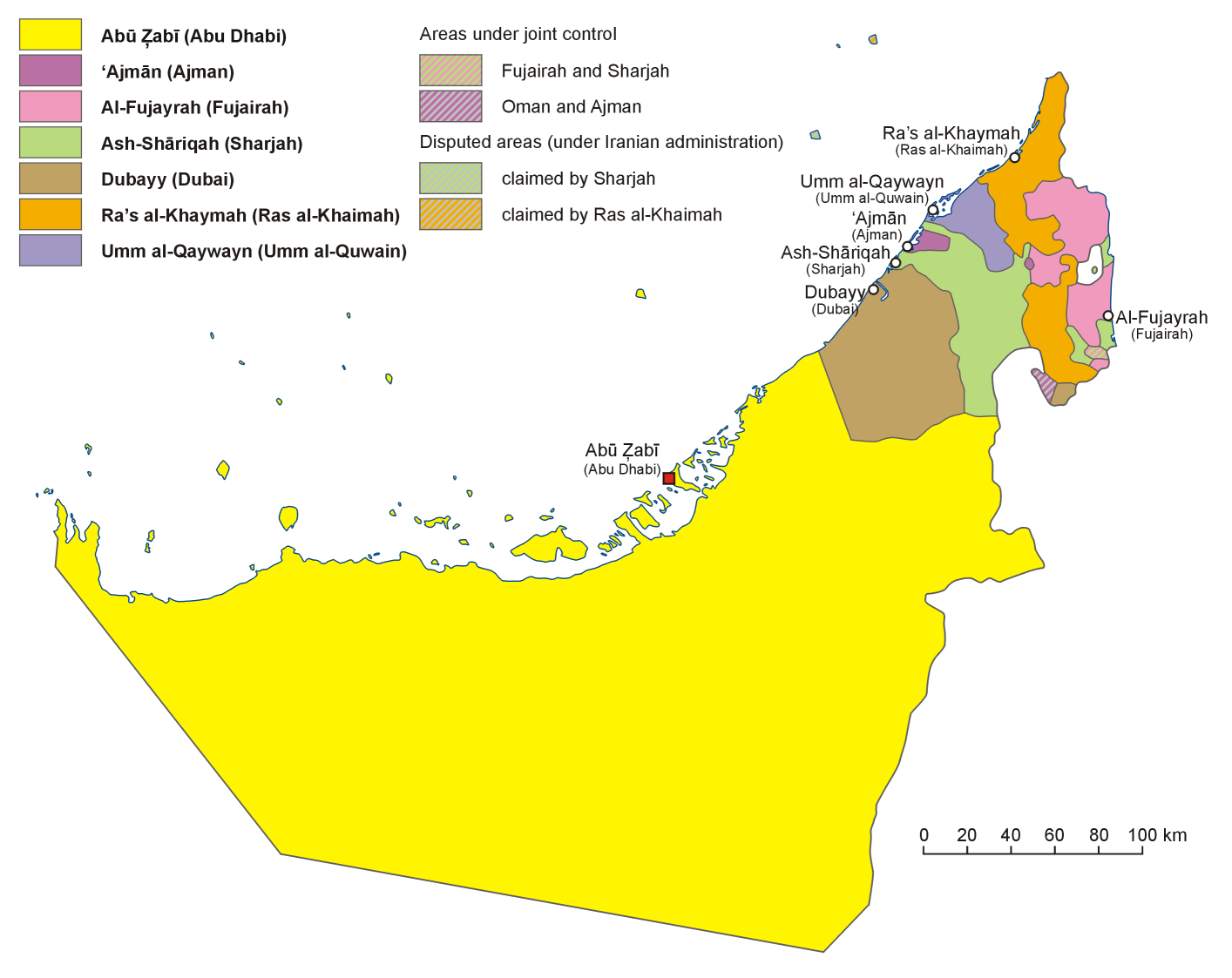Not to mention that they don't seem to have any quarrels with slave labor.
I've heard some pretty scathing criticism about the low-skilled worker visas handed out by the US to migrant workers (many of whom are Mexican). These visas are tied to specific employers, meaning they're quite ripe for abuse. I've even heard of employers confiscating documents and lowering agreed upon wages (ie: offering $10 an hour initially, and paying $5, telling workers "if you don't like it, go home").
However, it should definitely be noted that the population of the UAE is skewed largely in favour of foreign workers, versus the native Arab population. Consider the following from Wikipedia.
UAE has one of the most diverse populations in the Middle East.[6] Since the mid-1980s, people from all across South Asia have settled in the UAE. In fact, an estimated 85 percent of the population is comprised of non-citizens, one of the world's highest percentages of foreign-born in any nation.[citation needed] The UAE's better living standards and economic opportunities than anywhere else in the Middle East and South Asia have made it an attractive destination for Indians and Pakistanis, along with tens of thousands from Bangladesh and Sri Lanka. In 2006, there were approximately 1.2 million Indian nationals and 700,000 Pakistani nationals in the UAE, making them the largest expatriate community in the oil-rich nation.[7] Persons from over twenty Arab nationalities, including thousands of Palestinians who came as either political refugees or migrant workers, live in the UAE.[citation needed]
* Emiratis (local Arabs) 11%
* Other Arabs 21%
* South Asians 57%
* Western and East Asian 11%
There is a big reason why naturalization of foreigners (ie: giving them citizenship), including to other Arabs, is rare in Gulf Arab countries. Oil wealth is typically shared among the populace, and every citizen of the country is eligible to receive this money. Furthermore, there is universal health care in these countries (ie: Saudi Arabia, UAE, Qatar, etc.).
If you extend citizenship to too many people, you have to give smaller slices of that oil drenched pie to each person, which is obviously not popular among current citizens!
This is why you see so many legal residents in these countries, and so few foreign born citizens. I'm not even sure if spouses can get citizenship, though they can certainly get residence visas.
When it comes to children born to Arab parents, the traditional policy (as far as I know, from my experience with Lebanon and Arab culture in general) is that only the children of fathers are eligible for citizenship. This is because Arab culture traces lineage through the father. It is possible that individual countries may have recently adopted different policies, but one of the most progressive is Lebanon, and I believe that they have as of now, not changed this (my father is Lebanese).
It is like a bigger, richer Calgary except that it's boom isn't based on raw materials.







